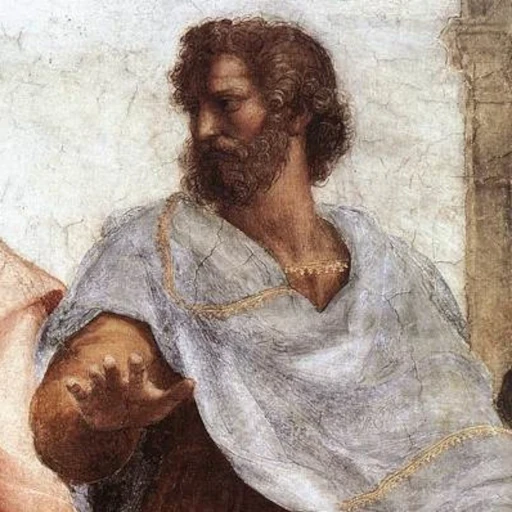“Whosoever is delighted in solitude is either a wild beast or a god.”

- 384 BC – 322 BC
- Originating from Macedonia in ancient Greece
- Philosopher and scientist, founder of the Lyceum academy
- A student of Plato, he constructed systematic knowledge in logic, biology, politics, ethics, etc., and had a major impact on the development of Western thought and science
Quote
“Whosoever is delighted in solitude is either a wild beast or a god.”
Explanation
In this quote, Aristotle presents a striking view on solitude. He suggests that those who take pleasure in being alone are either exceptional (like gods) or primitive (like wild beasts). For Aristotle, solitude is not the natural state for most people; human beings are inherently social and thrive in the company of others. If someone prefers solitude, it must be because they are either elevated above human norms—like gods, who transcend the limitations of human society—or they are removed from human society altogether, akin to a wild beast, who lives without the structure or cooperation of human life.
This view can be understood in light of Aristotle’s belief in the social nature of humans. For him, humans are “political animals,” meaning they find their full potential and flourishing within society, through relationships, communication, and mutual support. Solitude, therefore, is often viewed as a form of disconnection from the shared human experience. However, Aristotle’s view also reflects a deeper, idealized understanding of solitude, where it could be an expression of higher wisdom or purpose, as seen in the lives of philosophers or great leaders.
This concept remains relevant in today’s understanding of individualism and social connection. Modern discussions of mental health and well-being emphasize that while occasional solitude is important for self-reflection and personal growth, excessive isolation can have negative consequences. On the other hand, some of the greatest thinkers or creators—such as philosophers, artists, and writers—often find solitude essential for deep thought and focus, paralleling the idea that those who thrive in solitude may be seen as exceptional in their ability to engage with the world on a deeper level. Aristotle’s quote thus challenges us to think about the balance between solitude and social interaction, and whether one’s relationship with solitude reflects a higher calling or a departure from the natural social fabric of human life.


